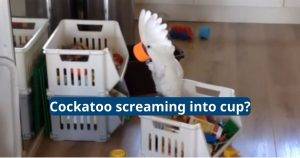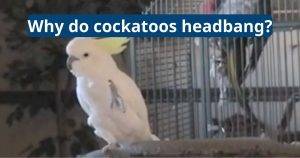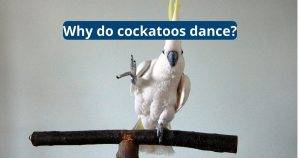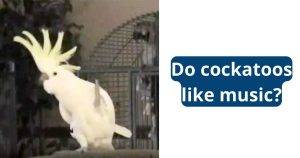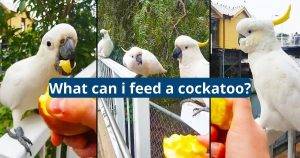How to Cut Lovebird Wings
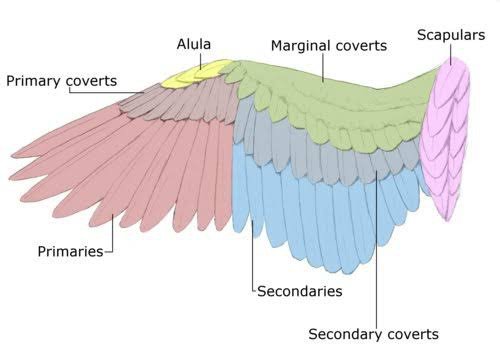
Lovebirds fly to get away from things that scare them. This can lead to crash landings or falls of large heights which could result in injury to your pet. This is why it is a good idea to have your lovebird’s wings clipped by a veterinarian or experienced bird owner. However, it is possible to clip your lovebird’s wings at home with the right guidance.
1. Obtain a good pair of scissors
You want to make sure your scissors are nice and sharp. A sharp pair will be more precise than one that’s dull.
If you use the same pair of scissors for everything, germs will build up and they will become less effective at cutting. Having a dedicated pair of scissors for your lovebird eliminates this problem and will keep the blades sharper longer.
It’s also important to note that you should be cautious when clipping your bird’s wings. Always check for blood feathers, which are newly growing and contain a lot of blood in their shafts. Blood feathers should never be cut and must be protected.

2. Put your bird in a towel
When you first get a lovebird, it’s naturally afraid and will try to fly away from anything that scares it. To tame your new bird, start by holding it and talking to it while it lies in your hand. Offer it its favorite treat and then gradually move your hand closer to its head until it steps onto it with ease.
It is also important to make sure that your bird’s wings are properly trimmed. Talking to the bird while trimming it will calm it and let it know that everything is okay.
3. Start with the outer primary feathers
Lovebirds are very active birds that spend much of their time flying and climbing around the cage. They also groom themselves and enjoy wooden gnaw toys and seed bells. They are not easy to tame but can be trained to perform tricks and mimic human speech.
When clipping their wings, start by helping them adjust to having their wing touched and lifted. Then, get an assistant to hold the bird in a towel while you cut each primary feather. Continue cutting until the wing can no longer fly at full power.
4. Don’t over-trim
Lovebirds can live up to 20 years under human care. They need a roomy cage or aviary and several hours of interaction per day to thrive. Without this attention, they may develop psychological or behavioral problems like feather-plucking or screaming.
These social birds bond with one another in their flocks and families in the wild by grooming each other. Using gentle massage techniques to get your bird used to you is a great way to establish trust.
Wing clipping interferes with normal flight and can cause injury to your pet. It’s important to have a trained professional demonstrate the proper trimming technique.
5. Don’t cut too far
Trimming too many feathers will make your bird unbalanced and it could fall to the ground with a hard thud. This is especially important if your lovebird is young and still learning to fly.
Also, it’s important to not cut into a blood feather (newly growing feathers with a waxy sheath and lots of blood supplies). This is very painful and even deadly for the bird.
Some people like to clip all the way down to the primary coverts, but this can be dangerous for your lovebird as it may chew on the exposed cut ends.
6. Use flour to stop bleeding
Occasionally the shaft of a blood feather can break causing bleeding. This is an emergency and you should call the avian vet as soon as possible.
Apply a blood stopping powder, flour or corn starch to the bleeding area to help the wound clot. Repeat if necessary until the bleeding stops.
Lovebirds can be quite sensitive and may become agitated while their wings are being clipped. This can lead to them biting. It is important to be calm and patient so the bird does not sense your fear or stress.
7. Let your partner do the cutting
It’s completely up to you if you want to show your partner, but it is important to let them know not to do it too often as it can be very upsetting for the bird. It’s also okay to ask them not to touch your wings at all.
Remember, clipping a lovebird’s wings is a delicate process that should only be done by trained professionals. It is recommended that you have a veterinarian perform this procedure. If you’re unsure of how to do it yourself, consider using TalkLocal to connect with a veterinarian near you who can help.

